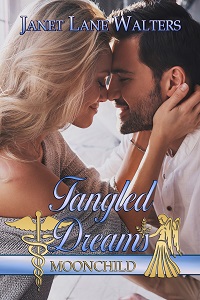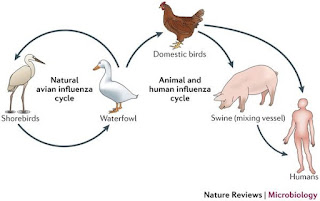To discover more about my titles please click on the cover above.
Creating a backdrop, for me, is a bit different that world building. World building is more complicated like building something out of Lego where every little bit counts, while creating a backdrip is more like a broad sweep of the brush using water colours. Still needs to be taken seriously, but not as granular as world building.
Building the Backdrop
Nancy M Bell
Where do our stories take place, can our characters exist in a vacuum? Of course not. Our stories need to play out against a rich and engaging background. The environment our stories take place in can become as important as the actual characters and an integral part of the reader’s experience. Examples of this are Tolkien’s Middle Earth, McCaffrey’s Pern, Graham’s portrayal of Cornwall in his Poldark books, Rowling’s Hogwarts and alternate London to name just a very few.
Whether we are creating a whole new world complete with maps and exotic flora and fauna or are just setting our tale against something that exists in reality (or close to it), the behind the scenes part of our creation needs to be the layered, deep and rich foundation upon which we tell our story.
As the creator/author you need a strong concept and vision of what your world consists of. Where is it located, what types of characters live in the background to give flavour to our main characters. Consider the weather; are there seasons, is it always hot or cold, is the environment harsh or lush, are you building a backdrop in a city or a town or a more rural area. Take the time to think about these things before you begin. Draw maps if you need to in order to give you a sense of scope and ground yourself in the environment. Those maps may never get into the actual book, but it will help the author navigate through the fabric of his story and weave his characters into that fabric in bright colours.
You need to develop a 360-degree view of your characters. What dialogue will they speak? Is it cultured? Rough? Upper, middle or lower class? Consider how and what they say and what they don’t say but can be implied by their actions/reactions or movements which may be enhanced or initiated by elements of your backdrop. Sometimes what isn’t said comes across more powerfully than what is said.
Mine the stories behind the main story without distracting or overpowering your main characters. This helps create a vibrant and rich tapestry for your story. An interesting experiment is to write the same scene from different character’s point of view. This often gives a deeper view into the circumstances surrounding your main story thread and enrich your world.
Another important thing to consider is how your characters react to these four things:
Money, sex, food and sleep. This is a good way to get into your characters’ heads and will aid in your development of the characters and the backdrop against which they play their parts.
You want to evoke in your readers a strong emotional connection to your characters and to the world through which they move.
The backdrop is important to your character as it will dictate how they behave; their personal motivation should be reflected in the world you create for them.
What is the economy of your world? Supply and demand is a concept that knows no barriers as to genre or length of story. Consider how the economy you create shape and affect your characters both primary and secondary and the world dynamics. An example of this would be the Avengers and the Blue Cube (Tesseract) all you need to know to grasp the essential concept is that people want the Blue Cube and that dictates the rules of the world. The basis of this world is the Tesseract is the containment Bessel for the Space Stone, one of the 6 Infinity Stones that predate the Universe they’ve created and possesses unlimited energy. This one concept is the basis for the foundation of the that world and the fabric of the backdrop for their adventure.
Be careful not to over explain things, show don’t tell is still a rule to live by.
Consider what the character wants- this algorithm will drive your story forward.
You can draw from history for the foundation of your religious and political systems, given you’re not writing non-fiction you can mix and match from different sources, taking what works best for your story.
Your economy isn’t just based on wealth or class- supernatural powers or lack thereof can enter into it, as well as exchange of power or energy.
Don’t forget the sensory issues when creating your backdrop, what are the sounds, smells, what kind of food, what tastes do your characters enjoy, how tactile is your backdrop, can your reader appreciate the feel of your world, smooth concrete, rough cobbles, deep sand, rolling surf etc. You reader need to feel “immediate” in your world. That is to say engaged in the whole experience of your story. Give your readers physical sensations they know intimately- we all know what a paper cut feels like, or burning your hand on a hot pot etc.
Be sure your created fabric isn’t too perfect or sterile- there must be costs attached to actions, consequences for things that do or don’t happen. The reader needs to feel and enter into the tension and care about the stakes.
There are three hills to die on. Three points of high conflict which helps define your world. Know what they are before you start and work from there.
Alternatively, there is Dan Harmon’s Story Circle consisting of 8 major points to hit. Not unlike the various versions of the Hero Cycle.
Remember to write the book. Don’t get stopped or hung up by the little things. Write the climax first if that is what comes to you.
Write with a ragged edge, release control and allow yourself to be nimble.
Don’t be afraid to kill or rehome your darlings.
Always think “what is the point of this scene.”
Does it serve to drive the plot forward
Be sure your backdrop doesn’t over power your characters or story line- they need to mesh and be compatible.
You can find me at http://www.nancymbell.ca

































